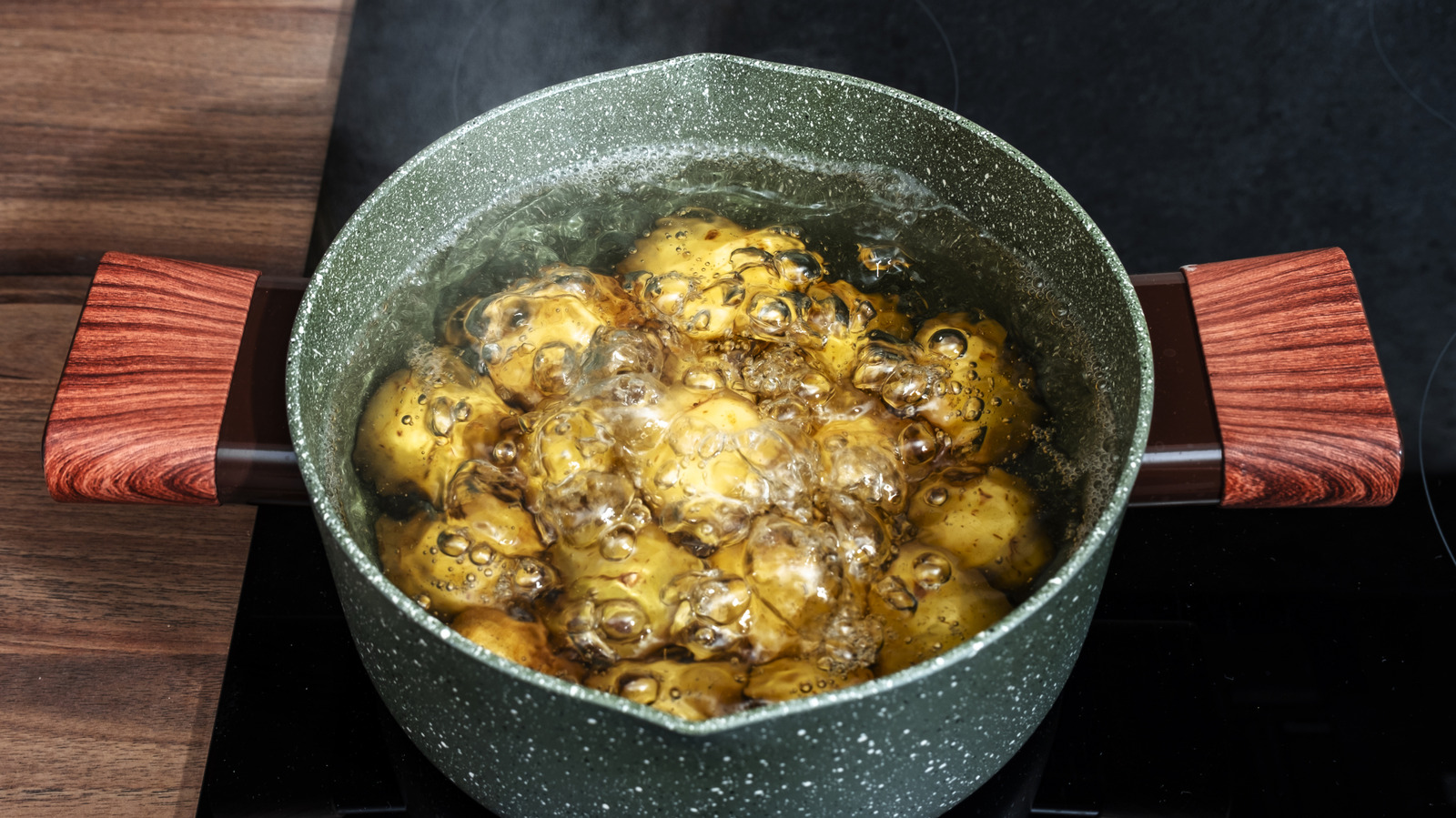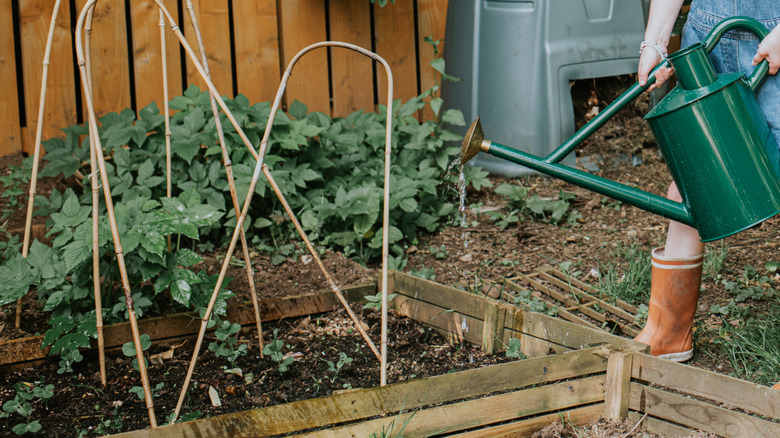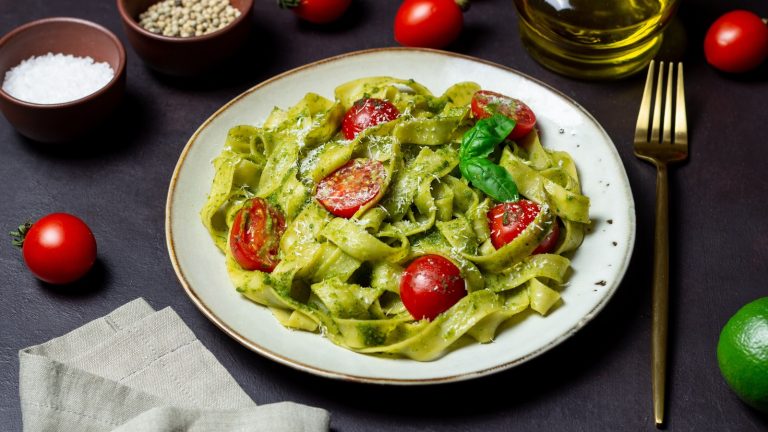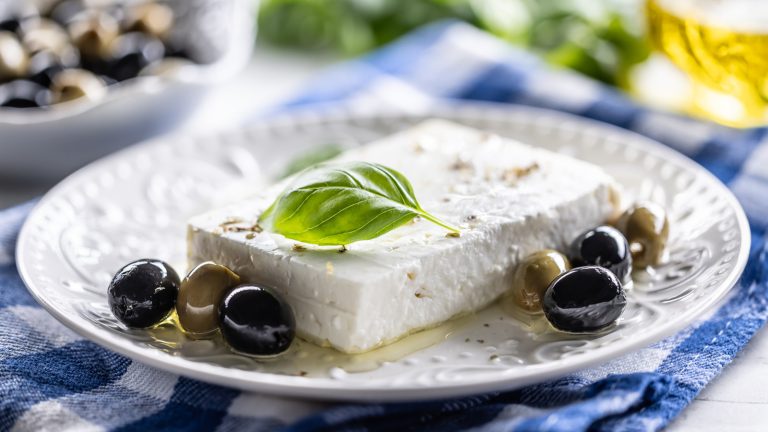Potatoes might be the perfect food. They’re one of the most satiating things you can eat, they’re full of vitamins B and C, potassium, fiber, and phytonutrients. And they’re delicious. So, why not share with your plants?
While pot plants and your garden probably wouldn’t appreciate perfectly salted fries or buttery mash, they can utilize the nutrients from the water you boil potatoes in. Plants love starch, too, and potato water contains a ton of it. Plants use starch to store energy, and it provides some of the carbon they need to photosynthesize. You can also use potato water to give your compost pile a lift (perhaps even greater than the one coffee grounds offer).
Potato water has plenty of possible applications in the kitchen, too. Like the water from rice, it can be used to thicken soups, stews, and sauces. And it works wonders with beans, too, just like pasta water does. But, with those unique mineral properties, it’s almost a waste not to use your pasta water on your plants. In fact, potatoes are so good for plants that some gardeners use them to create mineral-rich water and even fertilizers specifically for use in their gardens. One caveat though; don’t use salted potato water. High levels of salinity can damage or kill plants .
How to use potato water on your plants for the best results
Crops that need a lot of nutrients, such as tomatoes and squash, are prime candidates for a regular potato-based meal. In general, you should water your plants every seven to 14 days with the starchy concoction, although things like the condition of the soil and rainfall (for outside plants) might mean you have to tweak this schedule. Remember, you’re watering the plants as you add nutrients, so skip a watering if you have to in order to supplement your garden’s routine with potato goodness.
Potato water works for pot plants, too, including indoor varieties. Just be careful not to over water, and if it’s warm inside you should be cautious as the starch and sugars in the liquid encourages the growth of microorganisms like fungi and bacteria. These are important for soil health, but in a confined space (like that cute pot which complements your rug) overgrowth of either can damage your plant friends. And, frankly, it can be gross.
Make sure all plants have proper drainage, and check that practical crops like the common herbs many of us grow on our windowsills get the same level of care as ornamentals. Plants don’t love a hot shower, either, so let the water cool before you add it to your (indoor or outdoor) garden.





